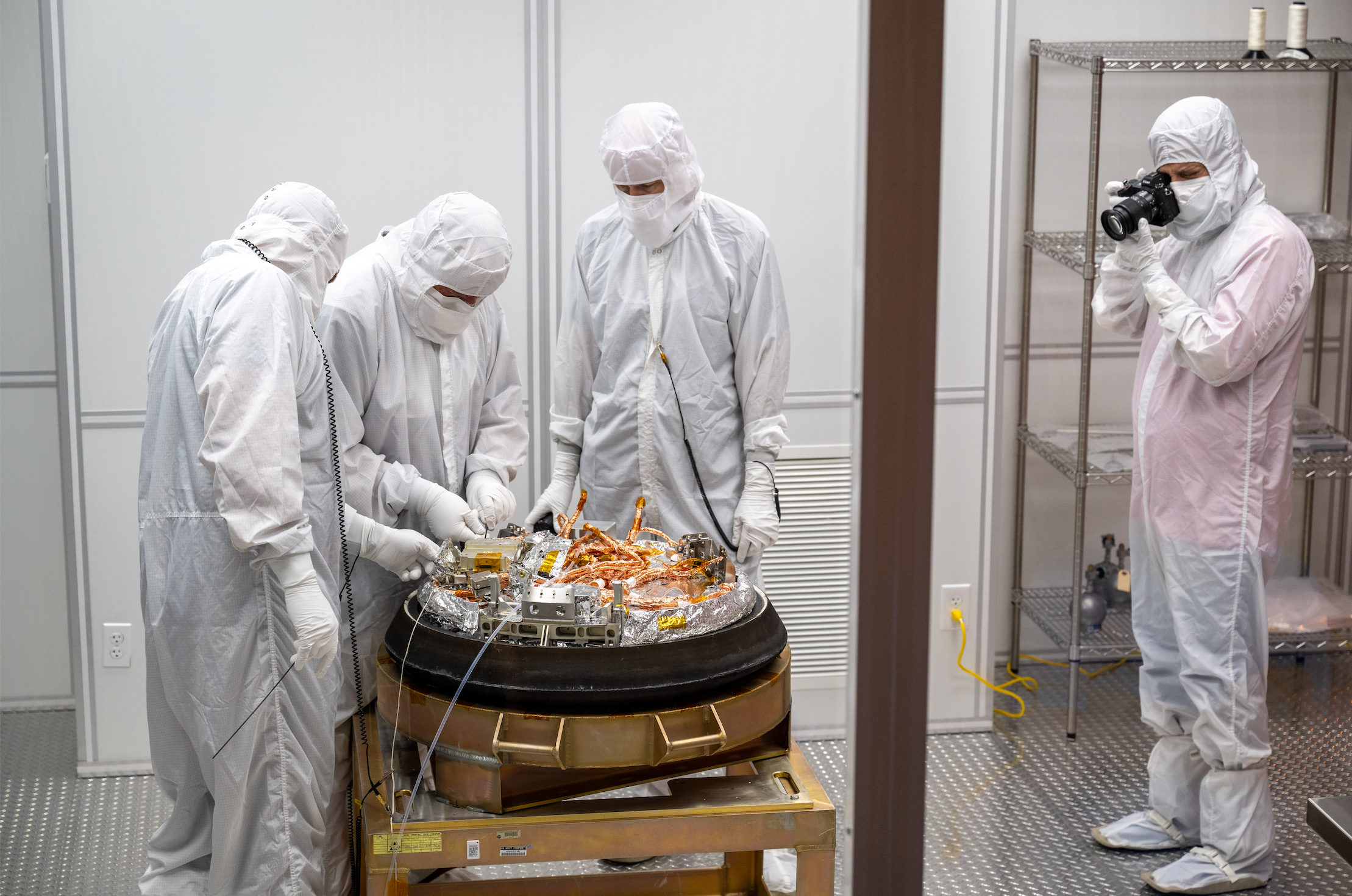The new space frontier isn’t just about exploration or landing humans on Mars. It’s about the vast economic potential that asteroids, some of the solar system’s oldest remnants, can bring. As technologies improve and entrepreneurial endeavors continue to push boundaries, asteroid mining is poised to become the next gold rush. But this literal gold rush might have implications that few are considering: it could reduce the price of gold on Earth to near-zero levels.
Gold in Space
Asteroids, those rocky and metallic bodies that orbit the Sun but are too small to be called planets, are diverse in their composition. Among them are the metal-rich types, containing vast quantities of metals. Some estimates suggest that just a single one-kilometer-diameter asteroid could contain more gold than has ever been mined on Earth.
Consider the example of 16 Psyche, one of the most massive objects in the asteroid belt. It’s believed to be the remnant core of a planetesimal. Recent NASA observations suggest that 16 Psyche might contain 17 million billion tonnes of nickel-iron, and it’s also expected to be rich in precious metals such as gold. If these estimates are accurate, even a fraction of this asteroid’s resources could flood our markets with gold.
The Economics of Abundance
Gold’s value, like many resources, is partly tied to its rarity. For millennia, gold has played a crucial role in economies worldwide, acting as a store of value, a medium of exchange, and even having significant cultural and technological applications. But what happens when this rare metal becomes abundant?
- Price Collapse: The introduction of vast amounts of gold into the economy would inevitably dilute its value. An oversupply, if not managed correctly, could result in a steep price drop. This would directly impact gold-dependent economies and sectors, such as jewelry and electronics.
- Economic Disruption: Gold mining companies, whose business models depend on the metal’s high price, might face significant losses, potentially leading to bankruptcies and job losses.
- Central Bank Reserves: Several countries hold significant amounts of gold in their central banks as a hedge against economic uncertainty. A plunge in gold’s value could weaken their financial positions and disrupt international monetary systems.
Looking Beyond Gold
However, it’s essential to consider that gold is just one of many resources asteroids can provide. Other metals like platinum, palladium, and rare earth elements, critical for modern technologies, are also abundant in some asteroids. The broader implications of asteroid mining extend beyond just gold. It can redefine our resource-based economies and even make certain resources, which are scarce on Earth, abundant.
Managing the Influx
A sudden influx of space-mined resources might not happen overnight. The challenges involved in asteroid mining are immense, from the technological hurdles to the significant costs. However, as the sector matures, international agreements and regulatory bodies will likely emerge to manage this new form of resource extraction.
Collaborative international efforts could help regulate the inflow of space resources, ensuring that they don’t destabilize global markets. Similarly, novel economic models might emerge, adapting to the new reality of resource abundance.
Conclusion
Asteroid mining, with its potential to bring vast amounts of gold and other metals to Earth, presents both opportunities and challenges. While it can redefine economies, offering resources in abundance, it also poses risks to established systems. As we stand on the brink of this new era of space exploration and exploitation, a thoughtful and forward-looking approach will be essential to harness its benefits while mitigating potential disruptions.
Picture: NASA/Keegan Barber
Yesterday, NASA's OSIRIS-REx spacecraft released its sample capsule toward Earth after collecting rocks and dust from asteroid Bennu. The capsule landed successfully at 8:52 a.m. MDT.
📷 NASA/Keegan Barber pic.twitter.com/7ORsTfYPEs
— WIRED (@WIRED) September 25, 2023


[…] Asteroid Mining: The Potential to Plummet Gold Prices to Near Zero […]